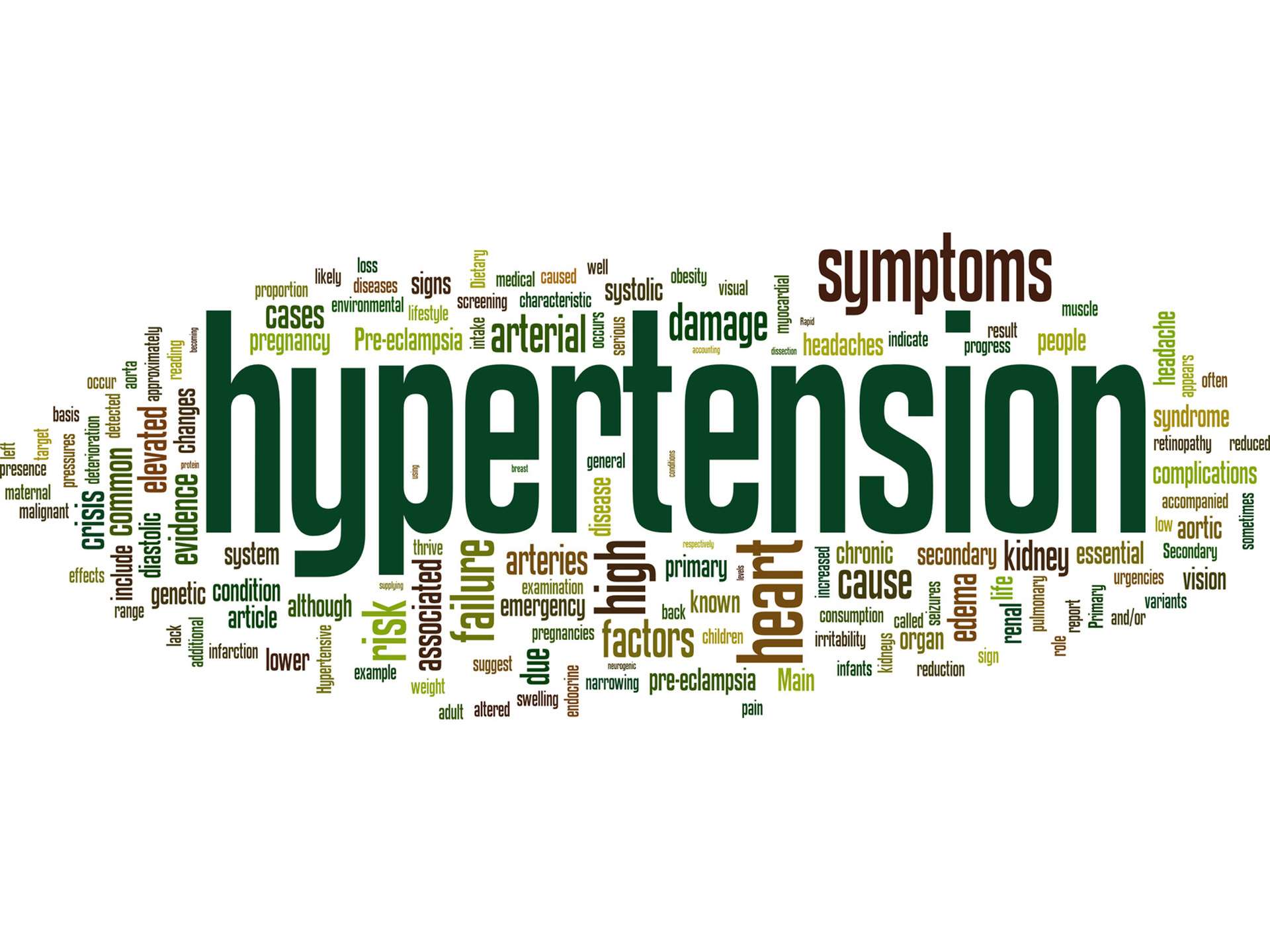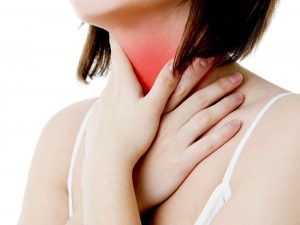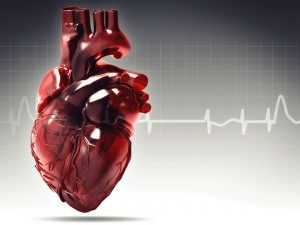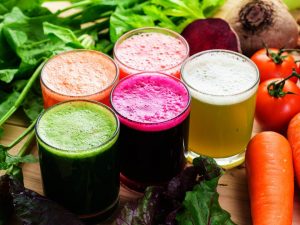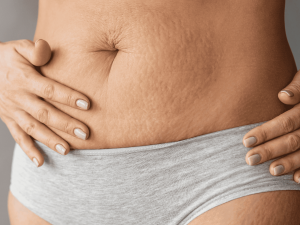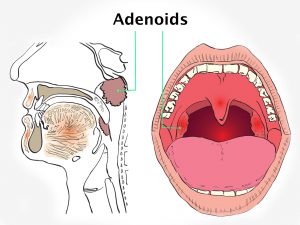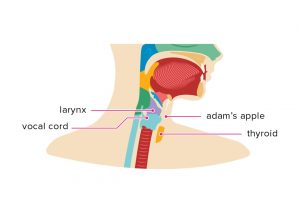What is blood pressure?
Blood pressure is the force or pressure exerted by blood on the walls of arteries while flowing through it.
What is normal?
A blood pressure value of 120/80 mm Hg is ideally said to be the normal. The upper value (systolic) reads the pressure when the heart beats (squeezes to pump the blood). The lower value (diastolic) computes pressure at rest in between the heartbeats when the heart refills with blood.
What is hypertension or high blood pressure?
The condition in which the pressure of blood in the arteries is persistently high.More the pressure, harder the heart has to work to pump the blood. The prolonged and too high blood pressure (BP) raises the heart’s work persistently and can lead to grave damage to the arteries. This eventually leads to uncontrolled high blood pressure raising the risk of heart disease, stroke, and kidney disease in the long run.A blood pressure above 130/90 mm Hg is said to be high.
What are the symptoms of hypertension?
Hypertension can go unnoticed without any symptoms and thus remain untreated for years altogether. Thus, it is also called as silent killer sometimes.
What causes hypertension?
The cause of hypertension is unknown in most of the cases. Sometimes, hypertension occurs secondary to kidney disease or adrenal gland disease.
Who are at risk of getting high BP?
The risk of developing high blood pressure is more in people above the age of 45, those who have close relatives already suffering from hypertension, and who have history of diabetes,
Many people consistently have blood pressure above normal, yet not so high to be called as hypertension (130-140 /80-90). These people are at more risk of developing hypertension.
Is salt and blood pressure are related?
Sodium content of salt causes water retention thus putting more burden on heart and raising blood pressure. So watch the foods you eat for sodium content and stick to a low-sodium diet.
Stress and high blood pressure
Stress can increase the blood pressure, but no scientific facts to suggest that it causes hypertension. Stress can lead to addictions, poor diet, lack of sleep which can indirectly contribute to high blood pressure and heart disease.
Obesity and hypertension
Obesity strains heart and raises the risk. Losing every kilo makes a huge difference.
Alcohol
Alcohol can surely raise blood pressure and limiting it mandatory.
Pregnancy and hypertension
High blood pressure during pregnancy is called as gestational hypertension. It can cause serious complications like preeclampsia. It can harm both the mother and baby. It can compromise oxygen flow to the baby. The blood pressure normalizes after child’s birth.
Medicines and hypertension
Some medicines, like pain killers, birth control pills, steroids, flu medicines etc. can cause the blood pressure to rise. Be careful with the medications. Avoid over-the-counter medications and take doctor’s advice before consuming any medicine.
“White coat” phenomenon
Some people show high blood pressure in doctor’s clinic due to nervousness. This is called as white coat phenomenon. These people are at risk of developing high blood pressure.
Kids and hypertension
Kids who are obese and have a family history are more at risk.
How to control high blood pressure?
- Eat healthy: Eat more fresh fruits, vegetables, whole-grain foods, low-fat dairy products, and nuts. Say no to sweets, saturated fats, and excess salt.
- Exercise: Regular physical activity lowers blood pressure. Atleast 150 minutes of exercise per week is essential. Activities like brisk walking, swimming, cycling or gardening, all count.
- Reduce stress: Add yoga, meditation, deep breathing. All have proven to lower the blood pressure and keep it normal.
Hypertension is usually a chronic life-long condition. It’s very essential to take medications, make lifestyle changes and regularly monitor blood pressure. Keeping it under checkwillreducethe potential riskof heart disease, kidney diseases, and stroke.
